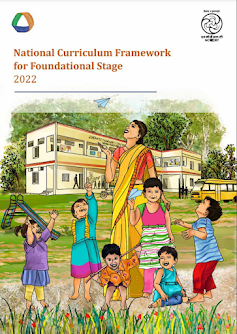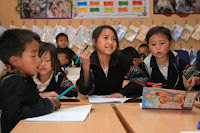Webinar on Assessing Multilingual Classrooms by Dr. Carol Benson (MLE Series by NCMLEI)
Student assessment is a hot topic in the education world. With multiple languages being used in the classroom, assessment practices need to be adjusted. In a recent webinar Carol Benson challenged us all to design student assessments in a multilingual way. As she does not only talk about the theory but also gives practical examples it is definitely worth listening to! The National Consortium on Multilingual Education in India hosted their third talk in their Multilingual Education (MLE) series on the 3rd of December. The topic was “ Assessing Multilingual Learners Multilingually ” by MLE expert Dr. Carol Benson . Dr. Benson is an Associate Professor in Columbia University(Education and Literacy) and also the founder and Director of MLE International, which works on L1 based Multilingual Education. The talk primarily focused on innovative approaches to assessing multilingual learners, with a particular emphasis on fostering metalinguistic awareness and assessing m...




